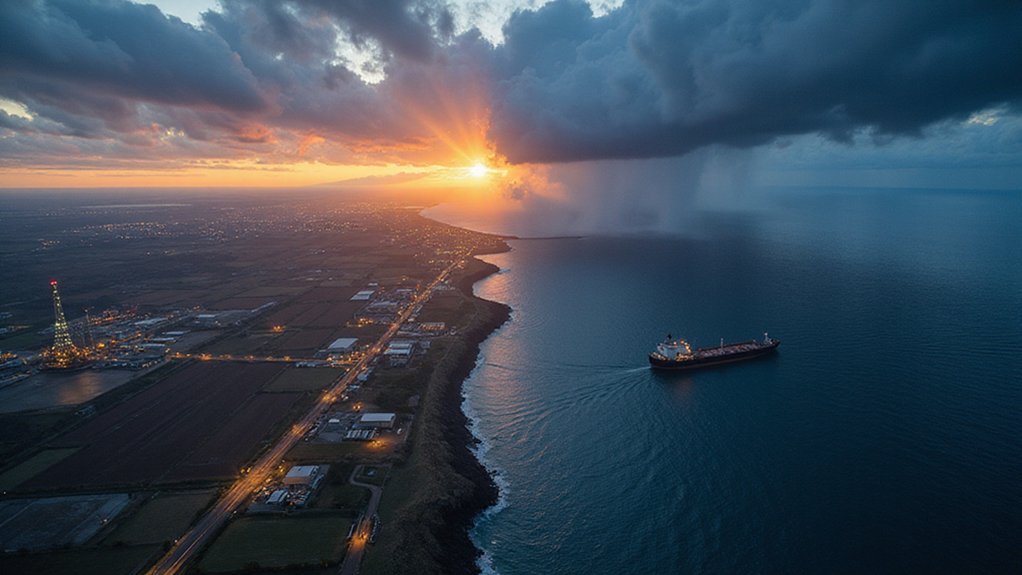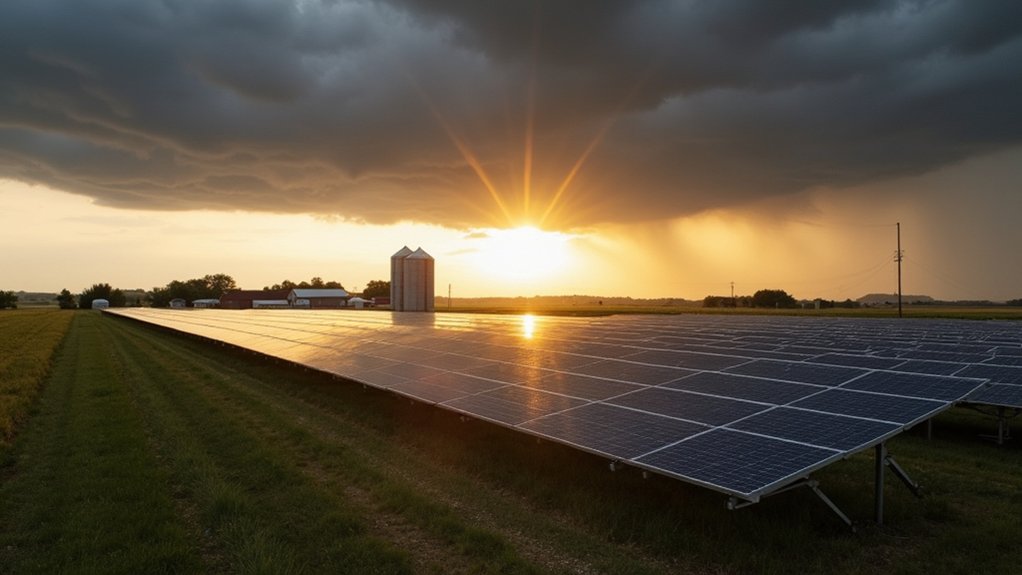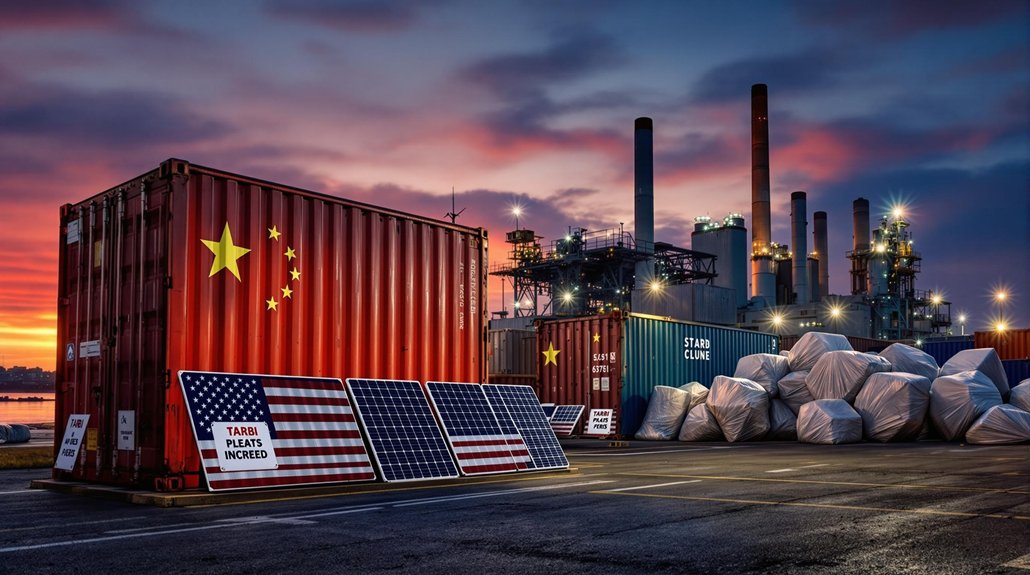The US and Europe can’t agree on energy security because they’ve taken wildly different paths. America became an energy exporter through shale, while Europe doubled down on Russian gas and green policies. Geography matters – duh. The Nord Stream 2 fiasco perfectly captured this mess: Europe wanted cheap Russian gas; America warned it was dangerous. Then Russia invaded Ukraine. Surprise! Historical tensions keep resurfacing, with both sides talking past each other. The solution exists, but nobody’s listening.
While Russians rolled tanks into Ukraine in 2022, they also bulldozed what little harmony existed between American and European energy strategies. Not that there was much harmony to begin with. For over six decades, transatlantic energy tensions have bubbled up during political crises—from the Cuban missile crisis to the Soviet invasion of Afghanistan. But this time feels different.
Geography is destiny, as they say. Americans hit the jackpot with their shale transformation, releasing abundant fossil fuels and transforming from energy importer to swaggering exporter. Meanwhile, Europeans watched their electricity and gas production drop 15% since 2009. Tough luck for a continent dependent on Russian pipelines.
Policy choices haven’t helped bridge the gap. Europe embraced carbon pricing and decarbonization while Americans, well… didn’t. Trump pushed “energy dominance” focused on oil and gas. Biden’s Inflation Reduction Act finally shifted the game, though Europeans complained it wasn’t exactly fair play.
Corporate boardrooms reflect this divide. US energy majors stayed cautious about renewables, preferring familiar territory—oil, gas, and maybe some carbon capture if absolutely necessary. European companies went all-in on green tech, only to recently pivot back toward fossil fuels as reality bit hard. Funny how war changes priorities.
The Nord Stream 2 pipeline debacle perfectly captured this mess. Europeans wanted cheap Russian gas; Americans warned them they’d regret it. Spoiler alert: Americans were right, though they weren’t exactly gracious winners about it.
Economic factors further complicate matters. Both sides face budget constraints from competing priorities like defense spending. US manufacturing investment has far outpaced Europe by a factor of 10 since 2020, widening the industrial capacity divide. Climate change mitigation requires cooperation, but cooperation requires trust. Trust requires alignment. And alignment? That’s in short supply these days.
History shows that transatlantic energy disputes hurt Western alliances more than they damage adversaries. The failed 1981 embargo on Soviet pipeline equipment demonstrated how sanctions often backfire, strengthening European resistance rather than curtailing Russian energy expansion. Both sides could benefit from focusing on renewable energy as a pathway to reduce dependency on hostile powers while addressing climate concerns. Perhaps the biggest irony: for all their disagreements about how to achieve energy security, neither side has developed a coherent strategy toward Russia—the very catalyst that exposed their differences.
References
- https://www.blackrock.com/us/individual/insights/transatlantic-divide
- https://www.csis.org/analysis/whos-afraid-russian-gas-bridging-transatlantic-divide
- https://fortune.com/2024/03/28/how-americas-sustainability-backlash-is-causing-a-transatlantic-divide/
- https://www.woodmac.com/blogs/the-edge/narrowing-trans-atlantic-divide-on-energy-transition/
- https://www.swp-berlin.org/publications/products/fachpublikationen/mars_ohs_ks.pdf









